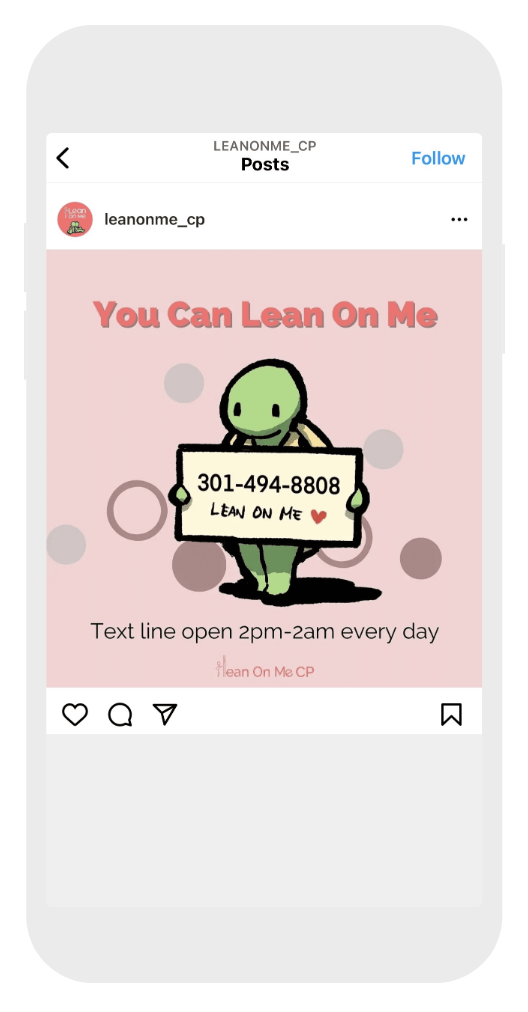How 3 colleges and universities are leveraging peer support to better meet mental health demand next year
August 5, 2022
The events across the past couple of years have deeply impacted student mental health. In particular, we’ve seen unprecedented rates of student loneliness with 61% of young people reporting feelings of serious loneliness and 43% of young people reporting increases in loneliness since the pandemic.
At the same time, students are increasingly open to discussing their own mental health with peers and are eager to take a more active role in addressing the ongoing student mental health crisis. Interest in peer counseling among students has skyrocketed with 48% of students reporting the pandemic disruptions made them more likely to seek out peer counseling and 62% of students who had not previously used peer counseling reporting an interest in using these services.
While the pandemic has accelerated the urgency to enhance mental health support, it has also presented a unique opportunity to meet student needs through peer support programs.
Here is how three institutions are adjusting their mental health support strategies and leveraging peers to better meet escalating student demand for support and facilitate meaningful peer connections.
Comprehensive training and guidance alleviates concerns about relying on peers
Hamilton College’s peer support program features structured training mixed with ongoing support from professionals. While we sometimes hear from institutional leaders who are reluctant to place students in a mental health support role, the combination of training and guidance helps alleviate these anxieties by ensuring peer counselors have strong backgrounds and resources to provide appropriate care.
Each year Hamilton College selects 10 to 12 student peer counselors who meet with students one-on-one to discuss concerns, like stress or anxiety, and help determine appropriate next steps. Peer counselors engage in cross-campus training on topics like risk assessment, listening skills, and culturally competent counseling before meeting with a peer for the first time.
Throughout the academic year, peer counselors receive ongoing supervision and guidance as they are required to submit a short report after each peer-to-peer meeting and meet with the counseling center director each week. Peer counselors are rewarded for their time and effort by receiving half of an academic credit per semester.
-
Before the year
Intensive training with cross-campus partners on topics such as risk assessment, listening skills, suicide risk next steps, and culturally competent counseling
-
During the year
Peer counselors submit a report after each student meeting and attend a weekly meeting hosted by the counseling center director
Multi-modal support extends reach of mental health initiatives
Peer support is not one-size-fits-all, and the University of Michigan is responsive to this by providing a range of peer support options. The university’s one-on-one peer counseling program is approachable for students who may find meeting with a professional or in a group daunting, while the Wolverine Support Network allows students to connect with peers in a group setting. This variety helps to enhance student feelings of belongingness by aligning peer services to a range of student needs and preferences.
The one-on-one peer counseling program is the first component of the university’s peer support structure. Peer counselors are undergraduate students who are trained to meet with students and supervised by the counseling center. During meetings with students, peer counselors always have access to a counseling center staff member on call to provide additional guidance if needed. Students are often connected to the peer program through the counseling center during intake meetings, or they can indicate interest via the counseling center website.
-
Students select a peer counselor
Students can browse a directory and indicate interest in the program on the counseling center website
-
Students meet with their peer counselor
Students set up a schedule with their peer mentor that will best fit their needs and goals
-
Peer counselors meet with counseling center staff each week
Peer counselors have dedicated time with counseling staff to reflect on recent success, themes, and challenges
The second component is the Wolverine Support Network, a student-led organization that facilitates weekly group meetings for students to support each other’s mental well-being, identity, and day-to-day lives. Students who request to join the network are matched into a small group according to an algorithm which ensures group placement best matches their individual preferences. Each small group is facilitated by two students who undergo training each semester and meet weekly with the counseling center director.
The Wolverine Support Network had over 470 members in 2019. 85% said they are more able to empathize and understand others, and 82% reported being better able to open up to others after participating.
Partnerships with anonymous support options remove barriers
The University of Maryland College Park partners with Lean on Me to provide a scalable, anonymous support option for students who may be hesitant about seeking support due to external stigma or unfamiliarity with their own support needs.
The University of Maryland chapter of Lean on Me is composed of trained students who serve as peer supporters. When University of Maryland students text Lean on Me for support, peer supporters text back and if needed, direct students to the appropriate campus resource.
Students not only receive the virtual accessibility benefits of receiving support at any time and from anywhere, but the support they receive comes from actual students from their own campus community.

Learn more about peer programs in EAB’s Peer-to-Peer Support Toolkit and How to Scale Peer-to-Peer Support Programs to Close Equity Gaps presentation.
More Blogs

How colleges can combat student disengagement and increase socioemotional readiness

4 ways to bridge the gap in your student mental health services
